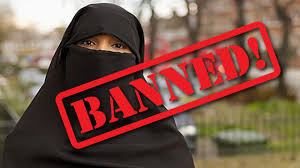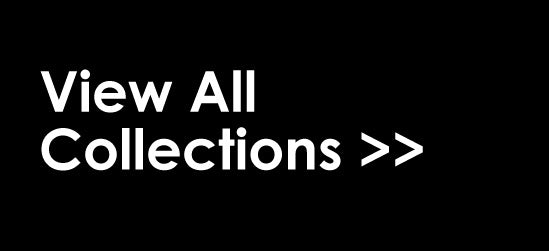From Marine Le Pen to Karnataka – Authoritarian Hijab Bans
Far-right French Presidential Candidate Marine Le Pen has campaigned on a hard-line headscarf ban. Le Pen said “the headscarf has been imposed by islamists,” and described hijabs as islamic “uniforms.” Le Pen said that if she wins power, women who wear the hijab in France will be fined, similarly to a traffic citation.

Marine Le Pen - French Presidentia Candidate
It appears that Le Pen is trying to appeal to French secularism, or “laicite,”–a system that aims to keep religion and government separate. But more often than not, the sights of French secularism are set on Islam, with right-wing political parties more than happy to pull the trigger.
Although French President Emmanuel Macron is expected to win re-election, the gap between Macron and Le Pen is far narrower than it was in their 2017 runoff. Macron has taken a softer stance on the issue of secularism, but his own party has its share of Islamophobia controversies.

French President Emmanuel Macron
In May of last year, Macaron’s political party withdrew support for member Sarah Zemmahi, who was running for local council, after she wore a hijab in a campaign poster.
In recent years, France has made a number of strides in Islamophobia. In April 2021, the French approved an amendment to a so-called “anti-separatism” bill that would ban girls under 18 years old from wearing Hijab altogether. Other amendments to the proposed bill would also ban mothers from wearing hijabs on their children’s school trips, and would ban the “burkini” modest swimsuit.

If forcing someone to wear the hijab is wrong, then what is forcing someone to take it off?
The French values of secularism, separating religion and state, have spilled over into authoritarianism. Freedom of religion and harmless personal expression are being further discarded year by year. The truth is, that the laicite system of France does not value personal freedoms–it values cultural assimilation.
To become accepted members of France’s national community, the laicite system encourages Muslims to doff their cloak of Muslim identity, and don a cloak of French identity.

France’s bans on religious symbolism are designed to disproportionately affect Muslim women. The United Nations Human Rights Committee agrees. In 2018, they found that France’s ban on face-coverings harmed two plaintiffs’ right to manifest their religious beliefs, and that it could have the effect of “confining them to their homes, impeding their access to public services, and marginalising them.”
Religious rights for Muslim women are also under attack in the name of secularism in India. Last month, the Indian State of Karnataka’s high court ruled that hijabs are not essential to Islam, and can therefore can be banned in classrooms.

Three judges on the court ruled that hijabs were contrary to women’s emancipation, and that hijab-wearing was against the Indian constitution's “spirit of secularism.” The decision is expected to be appealed to the Indian Supreme Court, where it will likely be upheld, setting a national precedent.
Human rights for Indian Muslims have been under attack for years. Watch-dog groups such as the Washington D.C. based Genocide Watch, who predicted the 1991 genocides of Rawanda, have said that a genocide of Muslims in india is likely on the horizon.
The truth is, Islam is not the brutal, monolithic opressive force that it is in the French and Indian perception. You can be a devout Muslim, and a proud citizen. The system of laicite, and all of the religious-wear bans that come with it are ineffective and authoritarian. They only serve to create division, strife, and divergence of identity between Muslims and their fellow citizens. It’s not a solution–it's despotic.








Leave a comment